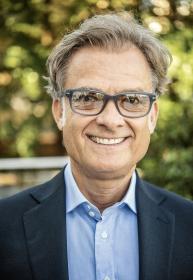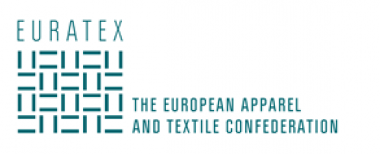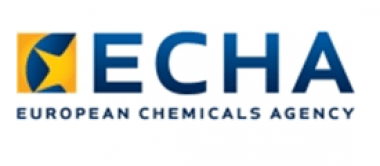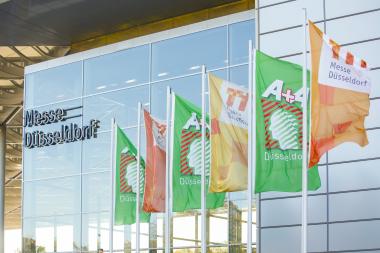Stefan Brück new Chairman of A+A Advisory Board
The advisory board of A+A in Düsseldorf, an international trade fair for safety, security and health at work, will soon be under new leadership. Stefan Brück, CEO and Chairman of the Board at UVEX SAFETY GROUP GmbH & Co. KG, Fürth, who has been a member of the A+A advisory board for 7 years, will be the new Chairman. In this position he succeeds Klaus Bornack, Managing Director at Bornack GmbH & Co. KG, who successfully headed the advisory board for 12 years. The handover of office will take place during A+A 2023.
Stefan Brück has developed the Uvex Safety Group into one of the innovation leaders in the international PPE industry. He will assume his future task with over 30 years of industry experience under his belt and is already looking forward to the new challenge.
“My short and medium-term aim is to move such themes as sustainability but also new technologies and innovations even more into focus in occupational safety. This also includes digital products and solutions such as AI, Virtual Reality or Augmented Reality applications,” explains Stefan Brück and goes on to say: “I look forward to contributing to develop A+A further as the world-leading trade fair and to increasing the social, economic and ecological relevance of PPE on a global scale all year round.”
Messe Düsseldorf GmbH































